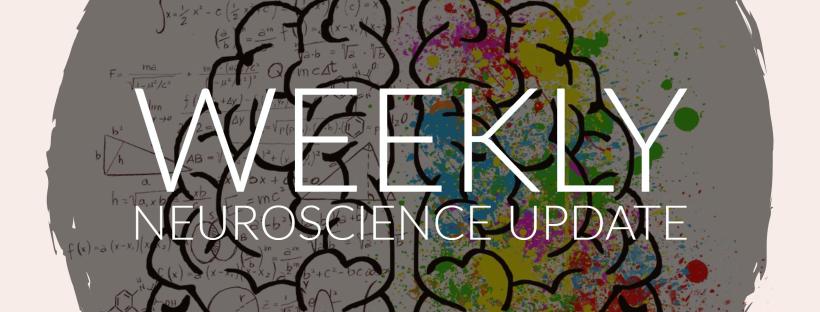
A new brain mapping experiment shows that whether you read or listen to a book, the same parts of the brain are stimulated to help you understand and respond to the meaning of the words
Poor oral health has been linked to cognitive decline and increased symptoms of stress.
The brains’ of first degree relatives of those with schizophrenia and bipolar disorder differ from those with no family history of the disorders. Relatives of those with bipolar disorder tend to have larger intracranial volume, while those who had a relative with schizophrenia had smaller brain volume.
Minute-to-minute fluctuations in human brain activity, linked to changing levels of dopamine, impact whether we make risky decisions, finds a new study.
Meditation and yoga practice is associated with smaller right amygdala volume, a brain region involved in emotional processing, according to research published in Brain Imaging and Behavior.
Tiny changes in the microscopic structure of the human brain may affect how patients respond to an emerging therapy for neurological problems.
The brains of people with epilepsy appear to react to music differently from the brains of those who do not have the disorder, a finding that could lead to new therapies to prevent seizures.
Major depressive disorder has been linked to at least 22 distinct diseases, including asthma, coronary heart disease, and an increased risk of E. coli infection.
Researchers have identified a specific area of the brain responsible for auditory verbal hallucinations in people with schizophrenia. The researchers were able to control the hallucinations with the help of transcranial magnetic stimulation.
A new study challenges the existing theory that testosterone levels are linked to reduced cognitive empathy.
Finally this week, new research provides insights into what happens in our brains when curiosity is piqued. The findings could help scientists find ways to enhance overall learning and memory in both healthy individuals and those with neurological conditions.
